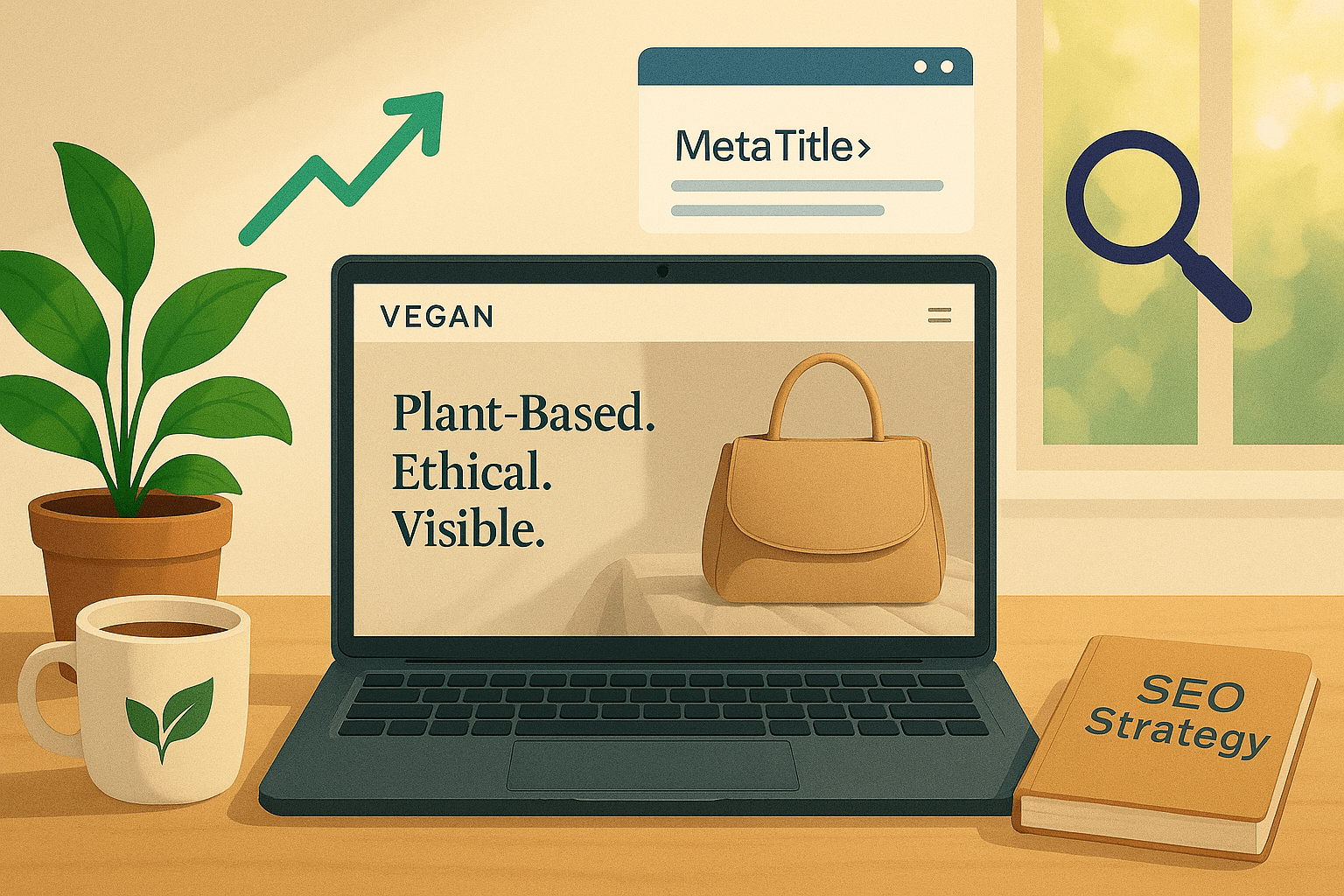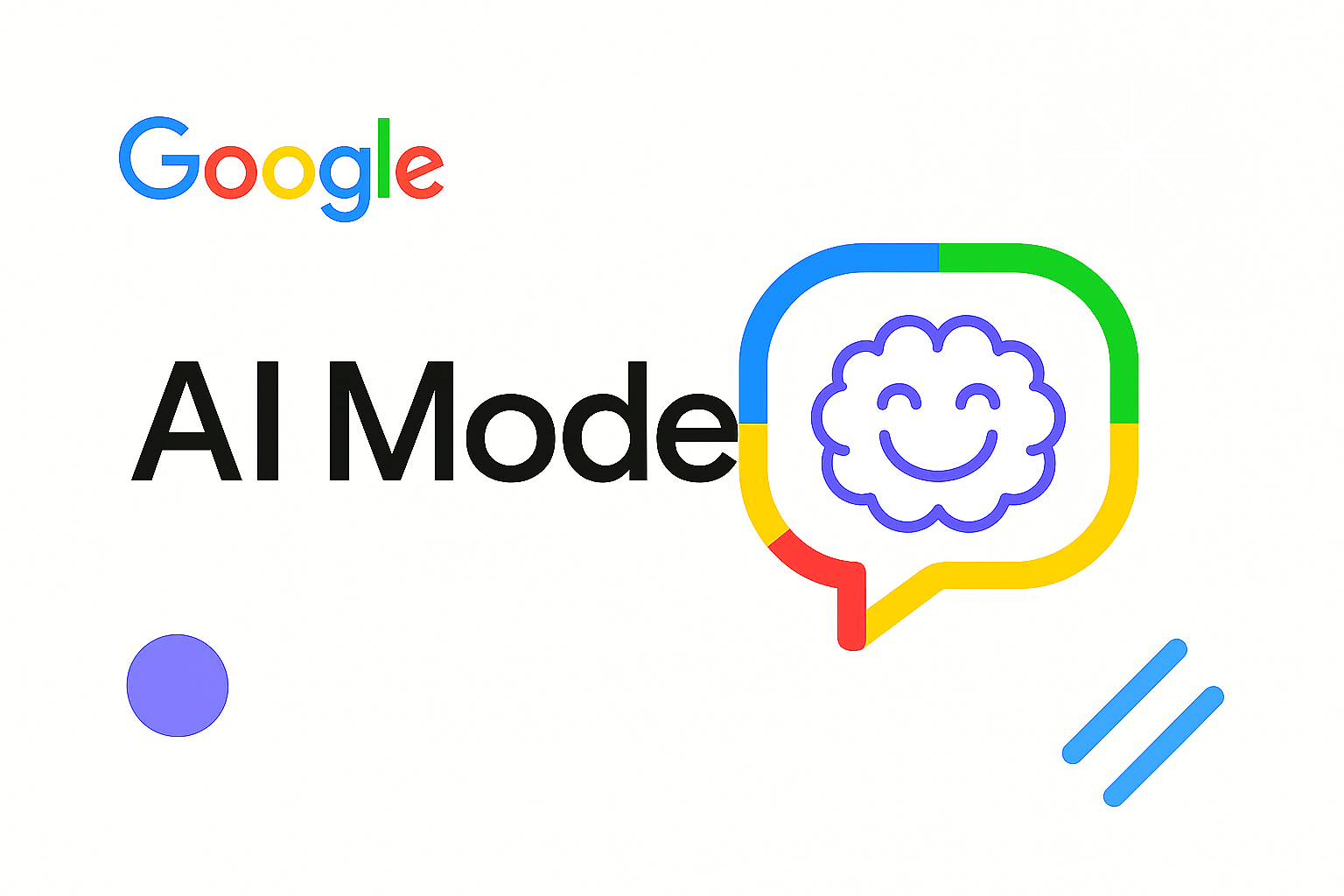
Is Shopify the best e-commerce platform? Let’s Find Out
by Ankit Kamboj
Among the many online platforms available for eCommerce businesses, one can easily get overwhelmed about making the right choice.There are various platform functionalities that a store owner needs to reckon and gauge before actually zeroing in on a platform. Since these functionalities determine the store’s performance, one simply cannot afford to operate on a platform with basic or obsolete features.
Starting an eCommerce business entails not only software investment but hardware, human, and financial resources also. Thus an uninformed choice about your primary software resource can gravely impact all other resources that are crucial to building a business. Therefore, while choosing platforms, make sure you gauge its scalability, robustness, cost-effectiveness, available functionalities, and upgradable features. Also, you must evaluate the security, performance, and the ease with which a platform can be accessed by an admin and the support (community).
In our experience, Shopify has fulfilled many of these indispensable requirements for establishing a new store. It has helped new business owners develop and establish profitable online businesses and it can help you too!
So, here we are going to talk about this vastly used platform in the eCommerce industry and gain some insights into how it might just be the platform you need.
What is Shopify?
Shopify is an eCommerce platform that helps you set up a retail business online. One of the key reasons that make Shopify perfect for startups is that the store owner need not possess any technical knowledge to build their store. All you need to do is choose a store name and build a basic store. However, for customizations and advanced development, you’ll need professional assistance.
Since its inception in 2006, Shopify has introduced a variety of improvisations and new upgrades. As per INC.com and Forbes.com, Shopify is the #1 platform for starting one’s business. There are currently about 400,000 active stores on Shopify.
Shopify Pricing:
There are five Shopify pricing plans to choose from:
Shopify Lite – $9 per month
Basic Shopify – $29 per month
Shopify – $79 per month
Advanced Shopify – $299 per month
Shopify Plus – fee is negotiable
See more information here:
https://www.shopify.in/pricing
Why Shopify?
Shopify is a powerful yet user-friendly platform. It’s simple to scale for both small and large online shops. The Shopify App Store is loaded with useful (both free and paid) store apps (e.g. Social media & email marketing integrations). They also have a large community of independent developers and experts who are willing to assist you.
Right now, it is one of the leading ecommerce platforms available. It’s intended to assist people in creating their own scalable online store, with hundreds of built-in features and a diverse set of apps. You can sell your products on your own website, as well as on various marketplaces and social media platforms.
What makes Shopify a popular eCommerce platform?
It’s ease of use, enhanced ecommerce, mobile app, and customer support are the key features that make it a great ecommerce platform. Below, we’ve covered all of Shopify’s key features.
Advantages of Shopify – 22 Reasons To Love it.
1. HTTPS:
Shopify offers default SSL certified websites which can instantly generate trust in a customer’s mind who is visiting the eCommerce store. eCommerce stores require SSL website security certification for many processes such as credit/debit card payments, sharing account details, etc. An HTTPS/SSL certificate provides a secure transaction network between Client (customer) and Server.
2. Secure Checkout:
As there are transactions involved, an eCommerce platform must have a secure Checkout page. To ensure a smooth transaction, Shopify hosts checkout for all the stores and doesn’t allow anyone to alter this functionality. This leads to foolproofing the most important operation of a web retail store.
3. Easy Backend:
Shopify has one of the easiest backends to operate on. A store admin can easily learn and get used to it very fast. With several features including store-wide search, keyword shortcuts (ability to search using keywords), it becomes extremely easy for the user to work on the Shopify backend.
Shopify backend also includes a report section that helps to analyze store’s sales and traffic by providing relevant stats. This allows the store owner to analyze website statistics and performance without any third party intervention.
4. Search Engine Optimization:
To gain visibility on popular search engines, a store must be properly optimized. Shopify’s default backend offers assistance with that.
-
- Meta Tags: Shopify includes a built-in feature to add the title and description on a page/ product/ blog.
- Auto-handling of Robots.txt: Shopify manages robots.txt by default, which ensures orderly management of search engines crawlers.
- Sitemap: Shopify generates a sitemap for Collections, Products, CMS, and Blogs separately which ensures efficient crawling & indexing of pages submitted via sitemap. So there’s no need to generate a separate sitemap using a 3rd party extension.
Check out our guide on Does changing Shopify Theme affect SEO? .
5. Speed:
Page load speed is one of the most crucial factors that influence a customer’s retention on a store. According to Radware, “3 seconds is all it takes for a customer to abandon a page if it does not load quickly enough.”
Shopify ensures an optimal Page Load speed by leveraging CDN. By placing files like images, CSS, JS etc on CDN, it helps to load the page content faster.
Check out our guide on how to measure your site speed correctly.
6. Shopify Apps:
Every platform requires add-ons/plugins to enhance their functionality. Shopify calls them “Apps”. These apps add extra functionalities to a store, such as product review, social sharing, and others.
There are thousands of apps that you can leverage to enhance the functionalities and usability of your store. Each app is built for easy integration, implementation, and configuration which makes them popular and easy to use.
7. Theme:
Themes impart a unique look and feel to a store and Shopify offers thousands of themes to choose from. Also, there are several free themes which can be implemented on your store to start with. Here is the link.
8. Support:
Shopify offers impressive support in case of queries and complaints.They offer 24X7 communication system which includes support on chat, call or email. They also have a very large and active information forum accessible to users.
9. Shopify POS:
This feature makes Shopify stand out amongst its competitors. The ‘point of sale’ (POS) options and kit let you use Shopify to sell not just online but in your physical stores too – as long as you have an iOS or Android device. Merchants in US or Canada can avail a free credit card reader for their device from Shopify.
10. No server/hosting required:
Usually, all stores require a personal server/hosting to run their website. For that, you need a server administrator to set up your store, which is an additional expense. However, on Shopify, no server or a dedicated resource is required. With a single click, your store gets ready. Yes, it is that simple 🙂
11. Payment Gateways:
With many payment Gateway options like Authorize.net, Paypal, Amazon pay etc., Shopify allows the payment to be processed with debit/credit cards and transfer it to the store owner’s bank. Shopify provides a hassle-free payment process by allowing all the popular Gateways by default. With Shopify, you won’t need any third party programs to direct a transaction to your bank.
12. Social Marketing:
Social Media presence is fundamental today, especially if you’re a new and upcoming business. There is a built-in feature in Shopify that sets up your store on various social platforms like Google, Facebook, and Amazon etc. You just need to create an account on social media sites and Shopify will upload your products on your business pages. When you have a built-in social media feature like this one, it saves a lot of time and effort in creating separate social accounts and then integrating your entire store on them.
13. Enhanced eCommerce:
Google analytics advanced eCommerce features which help to effectively analyze user behavior, buying cycle, and exits from the purchase funnel can be easily accessed in Shopify. This is a default feature in Shopify and can be launched by a click of a button.
14. Facebook Pixel:
Facebook Pixels are used to track conversions of your store advertisements on facebook. Shopify has a default feature which automatically allows store owners to run their remarketing advertisements on Facebook. Check this blog for more information
15. Shopify API:
APIs are required to make customizations on a store. If you need an out-of-the-box feature which is not available by default or as a Shopify App, then you can access Shopify’s API.
16. Shopify App for Mobile:
The Shopify App, for both iOS and Android, offers a number of useful features which can allow you to track your store’s performance and functionality without going to the store’s backend. For example, the app will notify you whenever an order is made on your store. It also provides important store stats such as total sales, total number of visitors on the stores etc. You just need to login to the app to access all this important data and don’t have to log into the store’s backend.
17. 14-day free trial:
Shopify allows users to first get familiarized to its interface and usage. For this, the platform offers new users a 14-day free trial. The Free Trial is also offered so that Shopify can assess your requirements and offer the most suitable plan for your business.
18. No.1 eCommerce Platform:
Among other available eCommerce platforms such as Magento and BigCommerce, Shopify has shot to the top position primarily because of the simplicity and the ease of usability that it offers to its users.
19. Blog:
Blogging is elemental in getting people to visit your online store and increasing the readership of your content, organically. Shopify comes with a built-in blogging tool which allows you to publish unique and relevant content for your store and run an active blog.
20. Shopify supported SDK:
An SDK is a built-in library which can be used to make public and private apps. Shopify provides several SDK in different programming languages to start with apps which help developers with API and make their life easier. Check this link for more information.
21. Local Theme Setup:
By setting up the theme locally, developers can operate upon the theme from their local machine’s editor and can keep track of the latest edits made in the theme. Shopify has provided some tools to set up such an environment. To read more about how you can manage theme setup/create/update/delete from your machine itself, check this blog
22. Redirects:
This is a very helpful and useful feature offered by Shopify – the default 301 redirects. Whenever you change the name or URL of a page this feature will automatically create a redirect to the new page. This helps to maintain the page rank/SEO value of that particular page on Google and improves SEO.
Where Shopify Lags:
Shopify provides you the option of creating product variants but up to only 3 classifications. Still, you can create 100 variants of a product but these will be limited to only 3 parameters. For example, if your product is a T-shirt, then you can add only three parameters (size, color, material) to its product unit with up to 100 sizes/colors/materials to it.
It is relatively complicated to add a simple text box or file upload option if you want to have additional information from your customers. For example, if you want to give an option of custom text on T-Shirts, your Shopify developer will have to add that option on your store because it won’t be available by default.
Shopify Payments (Stripe) allow you to sell from certain countries only – United States, Puerto Rico, Canada, the United Kingdom, Ireland, and Australia. If your store is based in a country which is not listed above, you will need to use a payment gateway and there will be additional transaction fee charged.
Creating drop-down menus and adding items is comparatively more complicated. Right now, the interface is confusing and not at part of their UI.
Shopify doesn’t allow any code level changes in their checkout which means you have to work with their default checkout process. For e.g a coupon code can be applied only on the checkout page.
Is Shopify good for beginners?
Shopify’s USP lies in the fact that managing it and adding basic features to it, is as easy as it gets even for a person with no coding experience. While you may need a technical resource to develop complex functionality in your store, things like adding a new app can be done without involving a developer.
It is a fantastic option with low startup costs and a simple user interface for promoting, selling, and shipping your products. Although Shopify makes the process quick and easy, there are some aspects that will require a technical resource dependence, but a substantial part of it can be done by the merchants themselves.
Which ecommerce platform is best for dropshipping?
Shopify, Magento, and Woocommerce (WordPress) are the three most popular e-commerce platforms for dropshipping. The ease of use, setup time, scalability, and support are the key features that set them apart from other platforms.
What do you get with Shopify basic?
Shopify Basic is the 2nd most affordable plan after Shopify Lite, costing $29 per month. It comes with everything you’ll need to launch an online business, including two employee accounts, 24/7 support, unlimited products, an online store with a blog, and a sales tracking channel.
How much does Shopify charge per transaction?
When you use Shopify Payments, there are no transaction fees. If you choose an external payment gateway for Basic Shopify, Shopify, or Advanced Shopify plans, you will be charged an additional fee of 2%, 1%, or 0.5 percent.
Does Shopify Offer any discounted Plans?
Yes, when paid upfront, Shopify offers a 10% discount on annual plans and a 20% discount on biennial plans.
Conclusion
Overall, Shopify is one of the better hosting solutions for those wishing to create an online store and possibly the best for anyone who wants to sell online and also at a physical location. It’s competitively priced, easy to use, and its templates are pretty amazing. With an enormous user base of 400k users, as a new business owner, you don’t need to worry about the platform’s future or failure.
Nevertheless, the only way to find out whether Shopify is perfect for you or not is by trying it out once. Check out their 2-week free trial. And if you’ve given Shopify a chance already, do let us know about your experience!
We are a Shopify Partner and have helped merchants from all over the world with custom shopify development for their Shopify store.
To know how CueBlocks can help you set up your Store on Shopify, check our listed services at: https://www.cueforgood.com/shopify/
- About the Author
- Latest Posts
-
How to Market Vegan Products Without Preaching (or Losing Sales)
by Tapam Jaswal
Marketing vegan products isn’t just about talking to people who already follow a vegan lifestyle. It’s also about connecting with …
Continue reading “How to Market Vegan Products Without Preaching (or Losing Sales)”
-
Vegan SEO: Optimizing Organic Visibility for Purpose-Driven Brands
by Tapam Jaswal
More people than ever are interested in vegan products and services. If you run a vegan brand, ensuring customers can …
Continue reading “Vegan SEO: Optimizing Organic Visibility for Purpose-Driven Brands”
-
Google AI Mode Explained: How It’s Reshaping Search and Content with Real Examples & Tips
by Tapam Jaswal
If you’re in SEO or content and have been watching Google’s changes, you already know: AI Mode isn’t a minor …
-
Jiva’s Organic Traffic Growth: 354% Surge in 6 Months | CueForGood
by Nida DanishSummary: Jiva’s efforts to empower smallholder farmers weren’t gaining the digital traction they deserved. With a strategic overhaul led by …
Continue reading “Jiva’s Organic Traffic Growth: 354% Surge in 6 Months | CueForGood”
-
What We Learned When We Switched From Disposable Tissues to Reusable Napkins
by Nida DanishAt CueForGood (CFG), we’ve embraced a refreshing change: reusable cloth napkins. While the switch may seem minor, it’s rooted in …
Continue reading “What We Learned When We Switched From Disposable Tissues to Reusable Napkins”
-
Of Light, Laughter & Transformation: Diwali 2024 at Cue For Good
by Nida Danish
On any given day, walking into the Cue For Good office feels like stepping into a space with heart. It’s …
Continue reading “Of Light, Laughter & Transformation: Diwali 2024 at Cue For Good”







2 Replies to “Is Shopify the best e-commerce platform? Let’s Find Out”